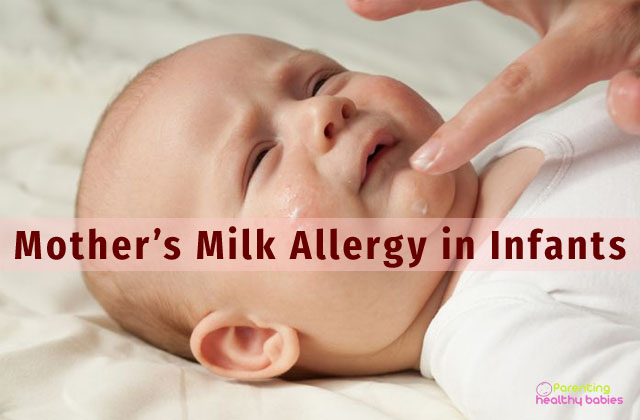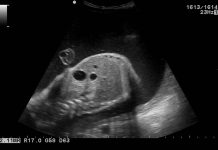A baby not being able to digest its mother’s milk or developing chronic allergies as a result of consuming breast milk is practically unheard of. However, detailed research, yet possibly limited, over the past few years prove otherwise. As odd as it may sound, your baby does have a chance of becoming repulsive to the practice of being breastfed by you. This condition affects only a handful in the whole world, but the ones affected are at a severe receiving end of the same. As a breastfeeding mother, you must be aware of the symptoms that can signify that your baby is probably allergic to your breast milk. Some babies are born with this allergy and some develop it over the years of being breastfed.
Breast Milk Allergy Symptoms and Causes
The most common signs are:
- Refusing to nurse and being fussy
- Throwing up regularly
- Bloody stool
- Chronic diarrhoea that consists of very thin and watery excreta
- Rapid loss of weight
- Skin diseases like red rashes and eczema
Keeping a tab on these signals, you must take the baby to a senior paediatrician as soon as possible. Alongside this, definitely visit your gynaecologist for the prognosis of your overall health or reproductive health situation. The doctors in Philadelphia have researched as extensively as possible, with the limited number of active subjects for their study. And now say that certain allergens generally pass through the breast milk to the children, when the mothers are not on a strict diet, regular medication, or have some complications while producing milk, which are mostly invisible and moreover unexplainable. The major reasons, as cited by experts, for this allergy to develop are:
- The high concentration of proteins that are there in your breast milk, which is derived from your diet and external supportive factors. For some children, high proteins are difficult to digest. Moreover, if they are contaminated due to some external factors, they become all the more difficult to digest, and the babies develop allergies after consumption. Breast milk, in rare cases, can also get contaminated and can cause allergies.
- Your overall diet and lifestyle habits, which might have gone for a toss right after the baby was born. It is vital to keep following the postpartum or post-delivery diet chart for a healthy absorption of minerals by your body. Apart from that, try to stick to a similar lifestyle routine that essentially follows a low profile, for as long as you plan to breastfeed your child.
- Excessive caffeine that you gulp down each day, without giving your body a break. Caffeine interferes with the body’s ability to take in the nutrients when slightly fragile. Post delivery period is essentially a tender one, during which you need to be extra careful to avoid more than about a maximum of 3 cups of caffeine-rich drink per day.
- Smoking cigarettes or inhaling any kind of toxic matter that is harmful to your reproductive system.
- Drinking alcohol that might act as a deterrent while producing milk in the mammary glands, and lead to poisoning of the breast milk.
- Hereditary or genetic factors that are not quite open to immediate explanation and appropriate solution. Some kids and their mothers have certain rare genes in them that make the former allergic to lots of things, surprisingly, including breast milk.
Doctors, however, have successfully narrowed down to one point, which is, the bottom line of this intolerance towards their mothers’ breast milk that many kids suffer from, is ultimately dairy allergy. Breast milk contains casein proteins that have harmful effects on about 2.5% children all over the world. These kids find it immensely difficult to digest this protein and thus experience severe gas and abdominal pain followed by the other known symptoms.
The only safe way to deal with this situation is to visit the doctor immediately, and get the cause of your breast milk affecting the child, diagnosed. Based on the diagnosis, the doctor will prescribe some oral medicines for both the child and you. Apart from this, you will be provided with a new diet chart to be followed strictly, without any distortion at free will. There are some healthy and kid-friendly formulae that will be explained to you, which you must feed the child regularly. Most importantly, this goes without saying, you will have to keep the child away from your breast milk and all other dairy products until the real cause for their intolerance is understood.
Hope this article was of help for all our parents!! Please share your comments/queries/tips with us and help us create a world full of Happy and Healthy Babies!!













